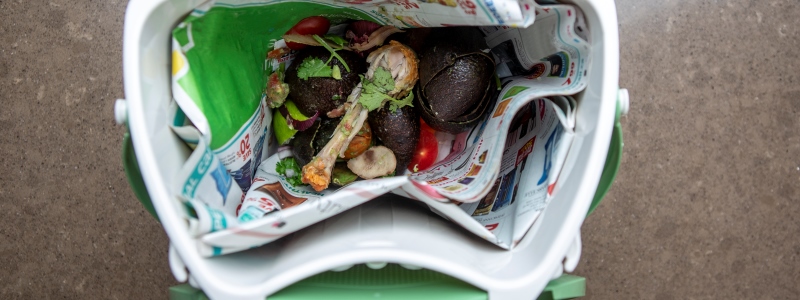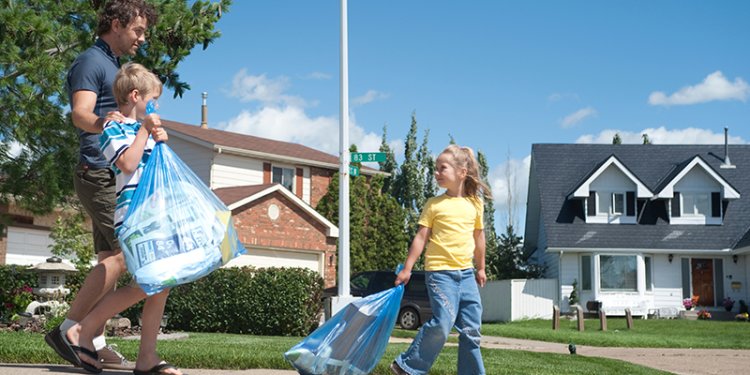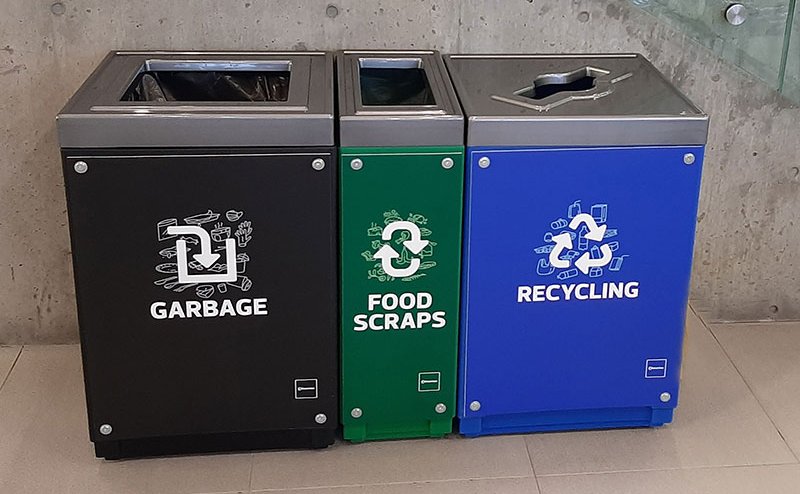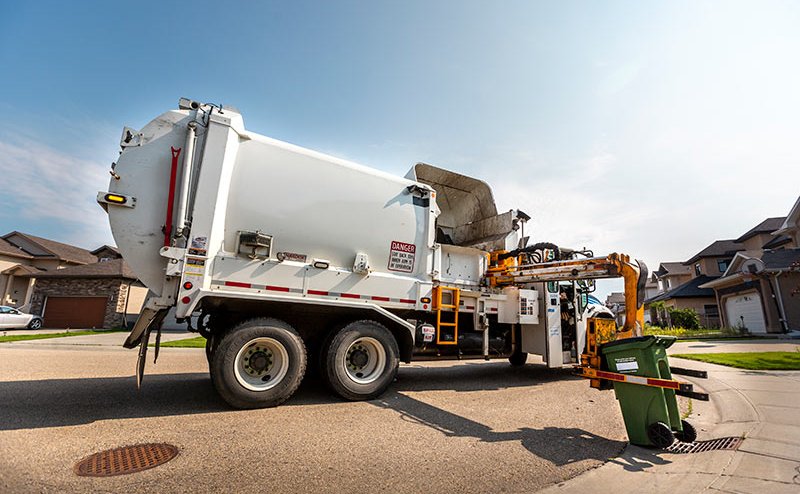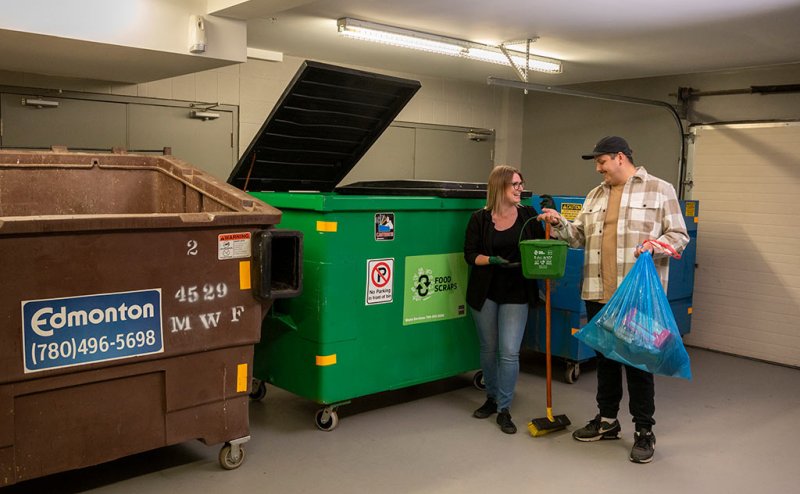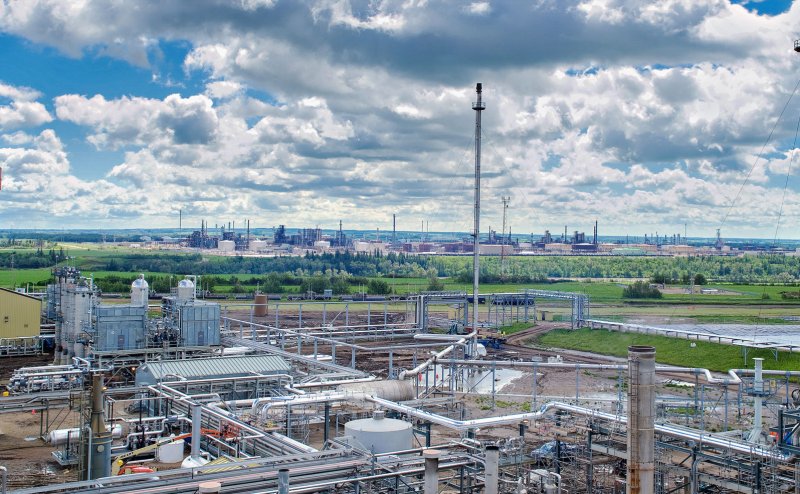Edmonton is actively shaping its future of waste management through strategic planning and community engagement.
The City's initiatives are guided by the 25-Year Waste Strategy and implemented through actionable plans like the Waste Reduction Roadmap.
Waste Reduction Roadmap ‘30
Waste Services is currently developing the next Waste Reduction Roadmap, or Roadmap '30, which will identify new actions to help increase waste reduction between 2026-2030.
In order to create this new roadmap, the City needs to engage with staff, the public and organizations across Edmonton to gather input that will help outline targeted waste reduction actions and measurable outcomes.
Actions might include programs to help people share, swap, fix and reuse things, or working with food groups and people to find ways to reuse and share food so it doesn't go to waste.
Previous Roadmaps
Waste Reduction Roadmap ‘24 was the City’s first waste reduction roadmap after the 25-Year Waste Strategy was implemented. It identified 10 actions the City implemented to help reduce waste, such as encouraging Edmontonians to use reusable cups and bags and supporting Extended Producer Responsibility.
Frequently Asked Questions
The drop-in sessions offer a chance to learn about the City’s proposed actions to reduce waste as part of the Waste Reduction Roadmap '30. Residents will have the opportunity to explore ideas, ask questions, and share their thoughts on what actions matter most. The sessions are designed to be informative, accessible and welcoming with no registration or presentations required–stay for a few minutes or longer! Your input will help shape Edmonton’s future approach to waste reduction.
Yes! While the online survey will allow you to provide valuable feedback about potential waste reduction actions in Edmonton, our drop-in sessions will provide a completely different experience. At these sessions, you will have the opportunity to engage with City staff about waste reduction and more.
Approved by City Council in September 2019, the 25-year Waste Strategy will help the city keep more waste out of the landfill and maintain stable waste rates. We’re aligning Edmonton with internationally-recognized best practices, putting more emphasis on waste prevention and waste reduction, and redesigning our services to help all Edmontonians play a bigger role in Edmonton’s zero-waste future.
What's in the Strategy?
The 25-year Waste Strategy has several transformative recommendations that we are in the process of implementing.
- Adopt a Zero Waste Framework (complete)
- Implement source-separated organics in City-owned and operated buildings, facilities and attractions (complete)
- Introduce source-separated organics to the residential sector: citywide Edmonton Cart Rollout (complete)
- Expand source-separated organics to the multi-unit residential sector and the Industrial, Commercial and Institutional sector (in progress)
- Cease commercial collections (complete)
- Develop and implement a waste reduction roadmap for 2021-24, including actions to limit single-use items (complete)
- Participate in efforts to promote Extended Producer Responsibility (EPR) policies (complete)
- Develop and implement a second waste reduction roadmap for 2026-30 (in progress)
- Develop and implement a roadmap for non-residential (Industrial, Commercial and Institutional or ICI) waste management (in progress)


